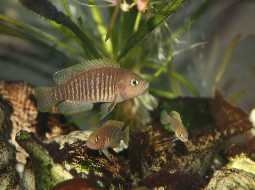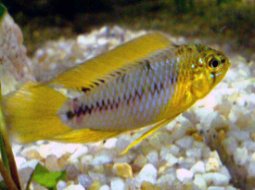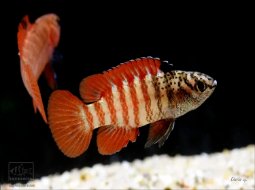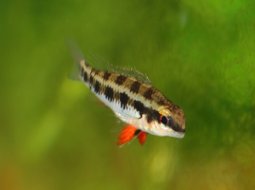
Loading Aqualapp ...
Care and Compatibility of Dwarf Gourami - Colisa lalia
Introduction
The Dwarf Gourami, also known as Colisa lalia, is a freshwater fish native to regions of Asia, such as India and Bangladesh. It is known for its beautiful colors and long, pointed dorsal fin. The males are more vibrant in color and have more pronounced fins compared to the females. It is a popular species in aquariums due to its beauty and peaceful nature.
Behavior
The Dwarf Gourami is a peaceful and sociable fish that adapts well to life in community aquariums. It prefers calm and well-planted waters. It is known for its labyrinthine behavior, which means it can breathe air directly from the water's surface. They may spend time near the water's surface and appreciate the presence of floating plants to provide shade and shelter.
Sexual Dimorphism
Sexual dimorphism in Colisa lalia is evident. Males have brighter colors and longer fins than females. During the breeding season, males may exhibit more intense colors and display courtship behaviors towards females.
Reproduction
The reproduction of Dwarf Gouramis is interesting to observe. Males build bubble nests on the water's surface and perform courtship rituals to attract females. After spawning, the parents care for the eggs and fry. It is recommended to have a separate breeding tank to rear them and provide a suitable environment with floating plants and hiding spots for fry protection.
Aquarium Conditions
Colisa lalia, also known as Dwarf Gourami, is a colorful and peaceful fish that requires a spacious aquarium with dense vegetation and open swimming areas. It prefers warm, well-oxygenated water, with décor including floating plants and shaded areas. Maintaining water quality is important and providing a balanced diet.
Feeding
This fish is omnivorous and accepts a variety of foods. You can offer them commercially available flakes, pellets, or granules. They also enjoy live or frozen foods, such as mosquito larvae, daphnia, and brine shrimp. It is recommended to provide them with a balanced diet that includes both plant-based and protein-based foods.
Complexity
Caring for Colisa lalia is relatively easy. They are hardy fish that can adapt to a variety of water conditions. They are omnivores and accept a variety of foods, but may be susceptible to diseases like fin rot if the water is not well maintained. It's recommended to keep them in a peaceful tank without aggressive fish.
In case you need more help, or if you want to know into any topic related to the Colisa lalia (Dwarf Gourami) and even any other species you can use the forums to ask what you need.
To do an analysis more detailed about coexistence and behavior of Colisa lalia (Dwarf Gourami) use the Aquarium simulation tool, if you do this you can test different ways to combine the Dwarf Gourami with other fishes giving the dimensions and space on you aquarium, on this way you can known the optimal configuration for keep the fishes that you want.
You can also find out the 109 species compatible with the Colisa lalia (Dwarf Gourami) can live together.
Note: The parameters of the water such as PH and temperature are also used to calculate the compatibility of the species.
Compatible species (109)
Compatible (87 Species)
Compatible without any restriction
Knowing Yourself From Small (1 Species)
They can live together if they have known each other since they were very small, that is, they grew up and grew up together. it does not work in all cases, there may be exceptions.
Similar Sizes (8 Species)
They can live together if they are of similar sizes, but obviously the koi fish will grow and the time will come when it could fit through the mouth of the koi fish and eat it.
They can coexist if they are the same size or very similar sizes, it does not work in all cases, there may be exceptions.
With Reservation (3 Species)
Compatible in some cases, it depends on the nature and personality of the fish.
Showdown over territory (1 Species)
Fish can live together as long as the space is spacious enough to delimit a territory, otherwise there may be aggressions for competing for the territory.
Considerable size difference (3 Species)
They can coexist while they are similar in size or the size difference is not very abysmal, since as the fish grows it increases the chances of eating its partner that did not grow much.
Compatible if space is enough (6 Species)
They can coexist together if the aquarium they share is large and spacious enough for both species to feel good, as some fish may attack others to feel that they have little space and try to eliminate the competition.
Dwarf Gourami
Colisa lalia
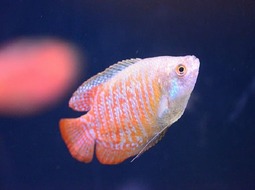
- Ph: 6 - 7.5
- Temperature (c°): 24 - 28
- Measures: 6 cm
- Aquarium Capacity:
9 Liters - 2 Gallons - Alimentación: Carnivores
- Colores: Blue, Orange, Red
- Comportamiento: Active, Likes to take refuge, Peaceful
- Habitad: Asian
- Preferencias del Acuario: Logs, Natural plants
- Tamaño: Small
- Taxonomía: Fish
- Tipo de Agua: Sweet water, Tropical waters
- Velocidad de nado o movimiento: Normal
- Zona de Nado: Swim in the middle of the aquarium

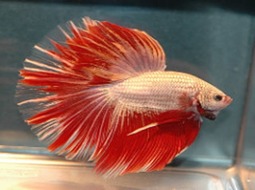
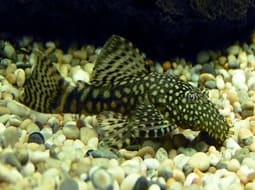
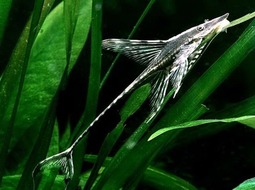
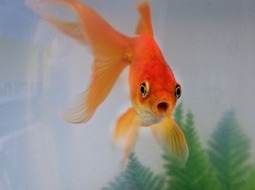
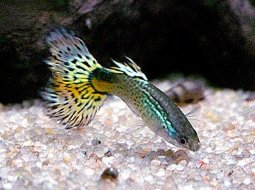
.jpg)
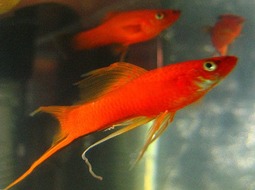
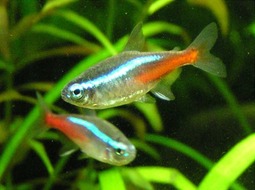
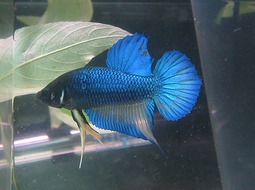
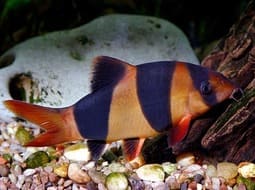
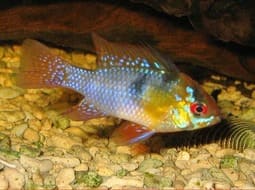
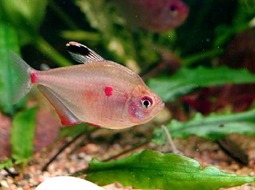
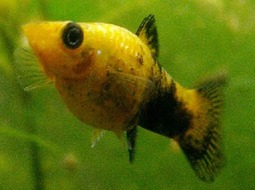
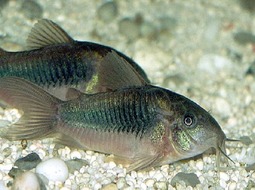
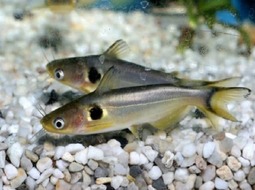
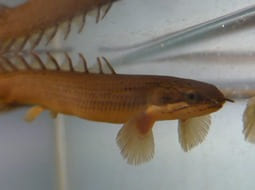
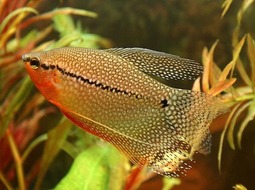
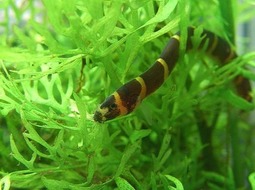
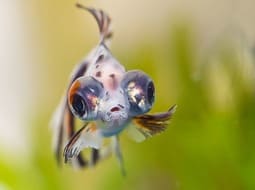
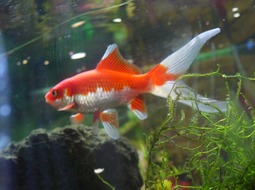
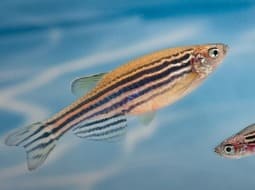
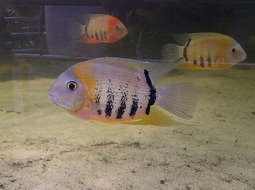
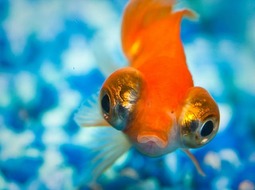
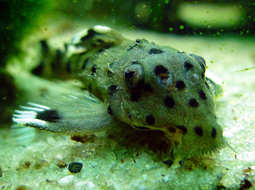
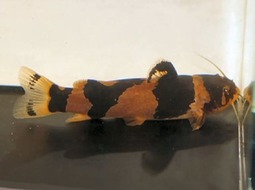
.jpg)
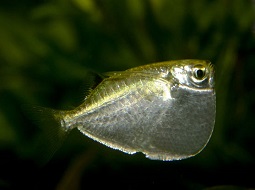
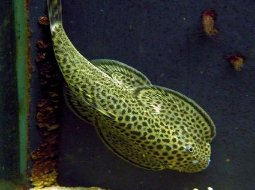
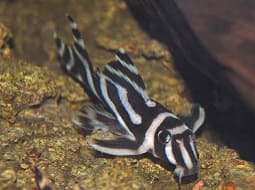
.jpg)
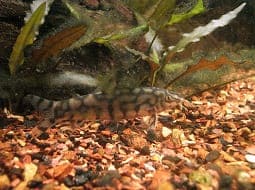
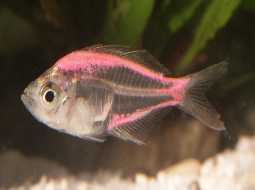
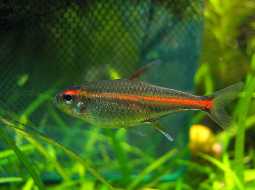
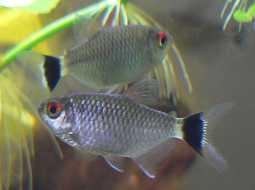
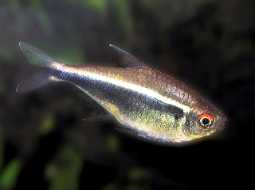
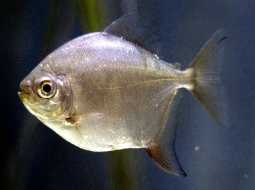
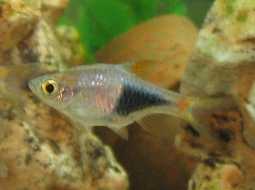
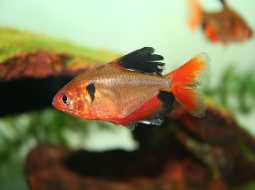
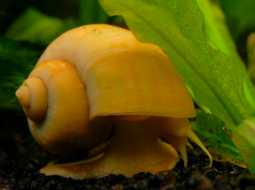
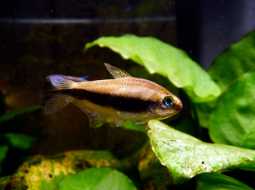
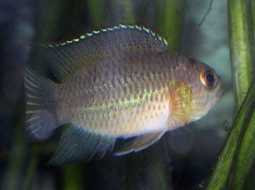
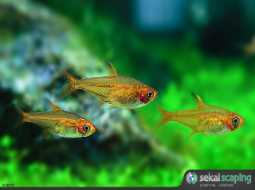
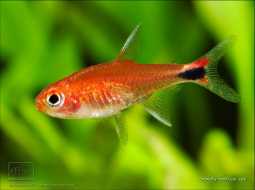
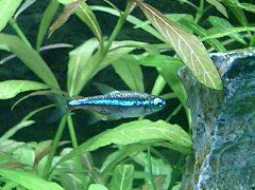
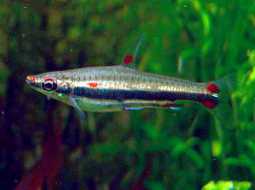
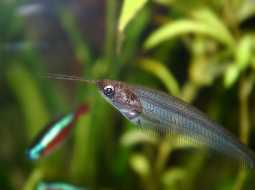
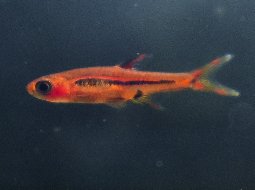
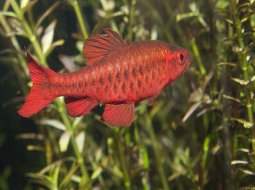
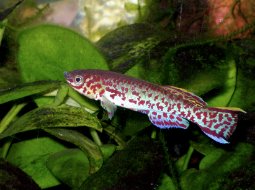
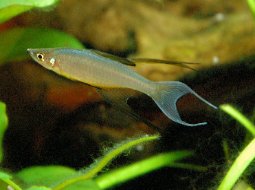
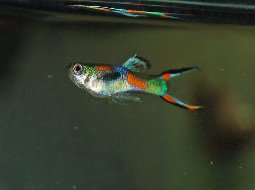
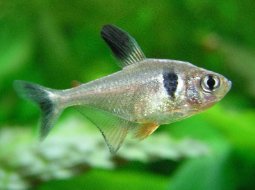
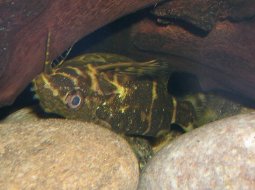
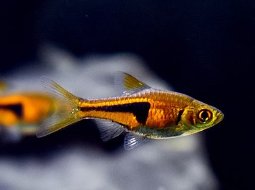
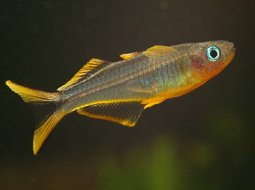
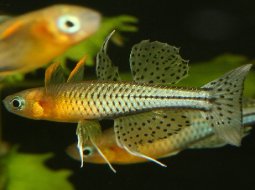
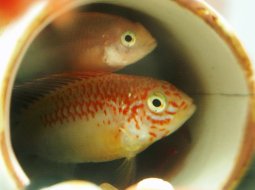
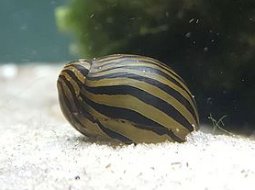
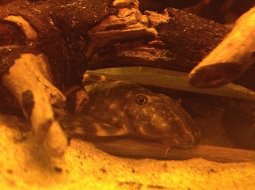
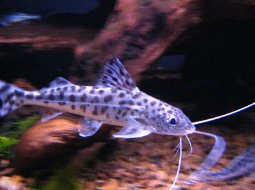
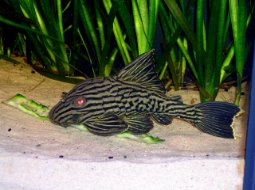
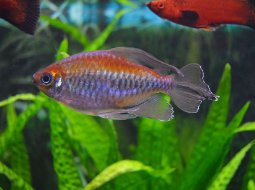
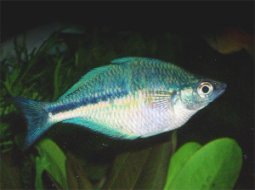
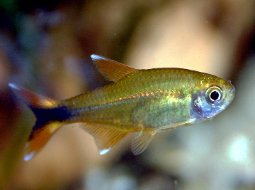
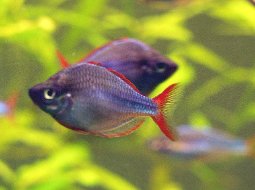
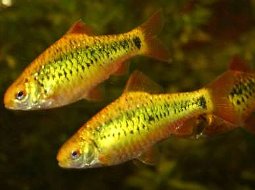
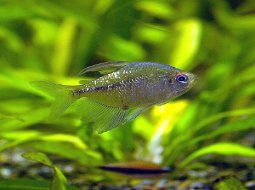
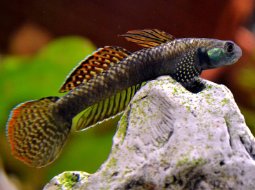
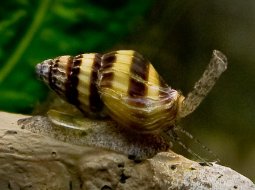
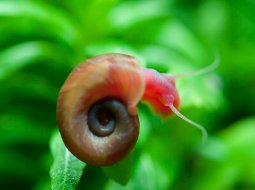
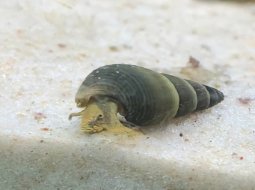
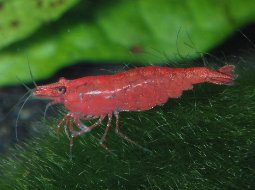
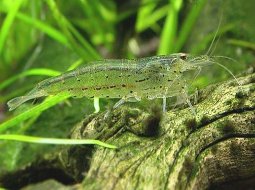
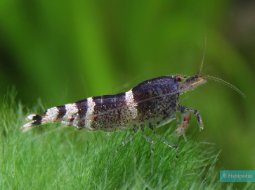
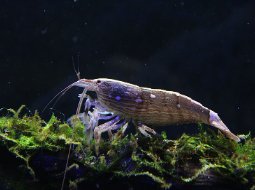
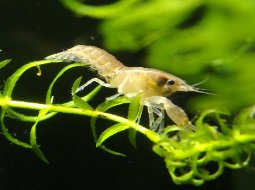
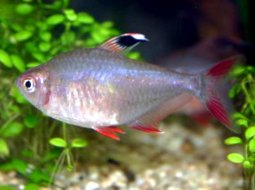
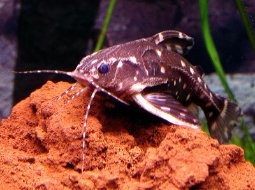
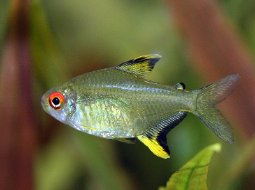
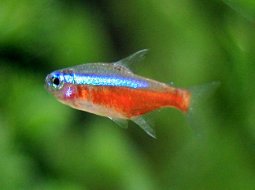
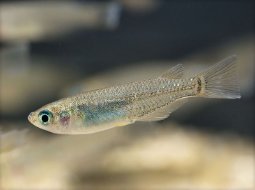
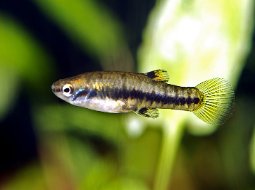
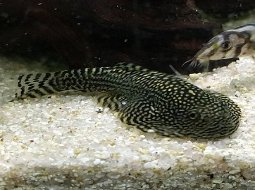
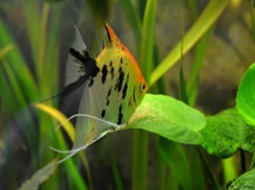
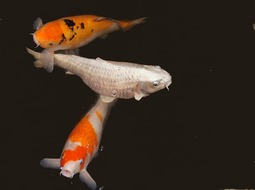
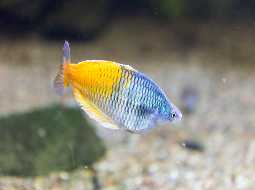
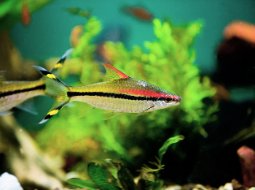
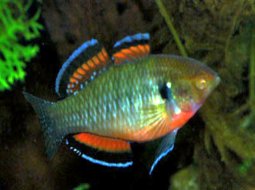
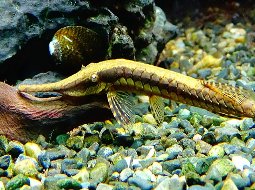
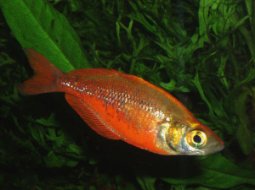
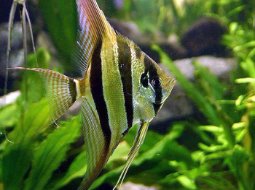
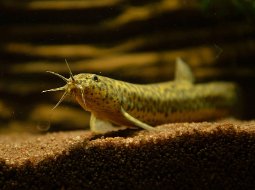
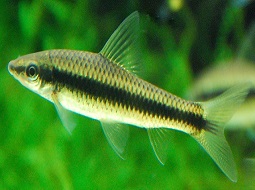
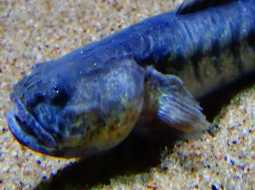
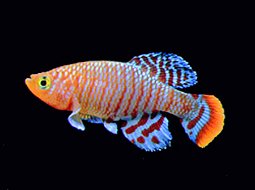
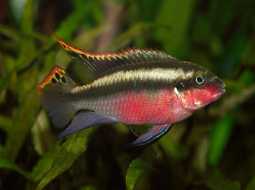
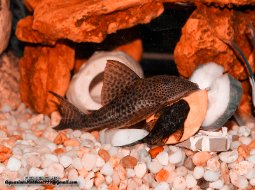
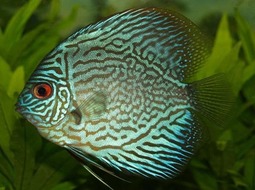
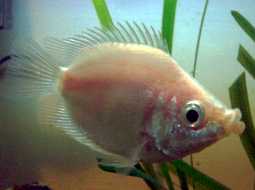
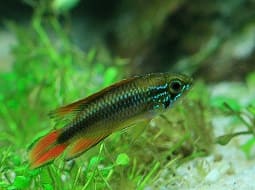
.jpg)
